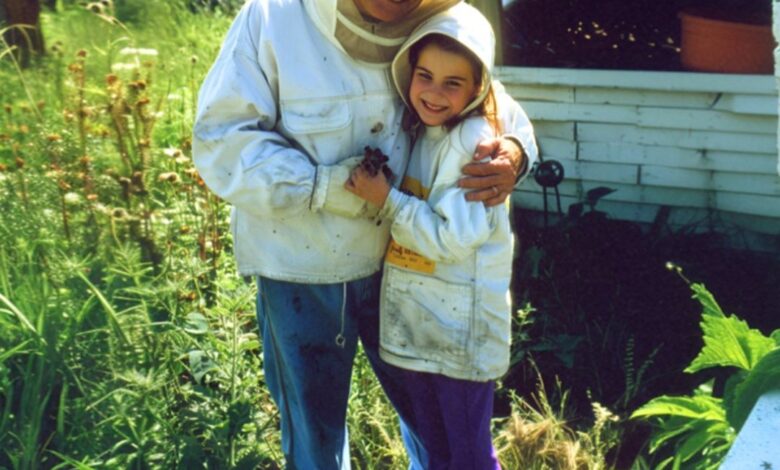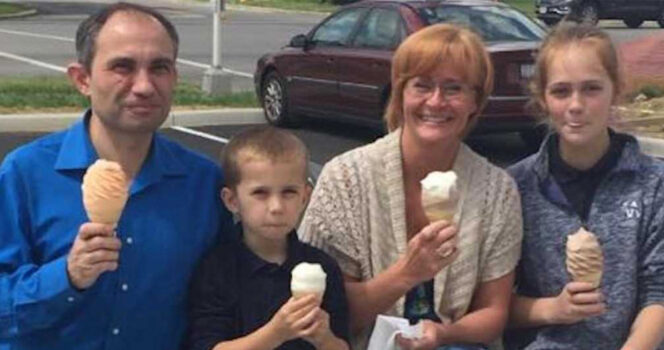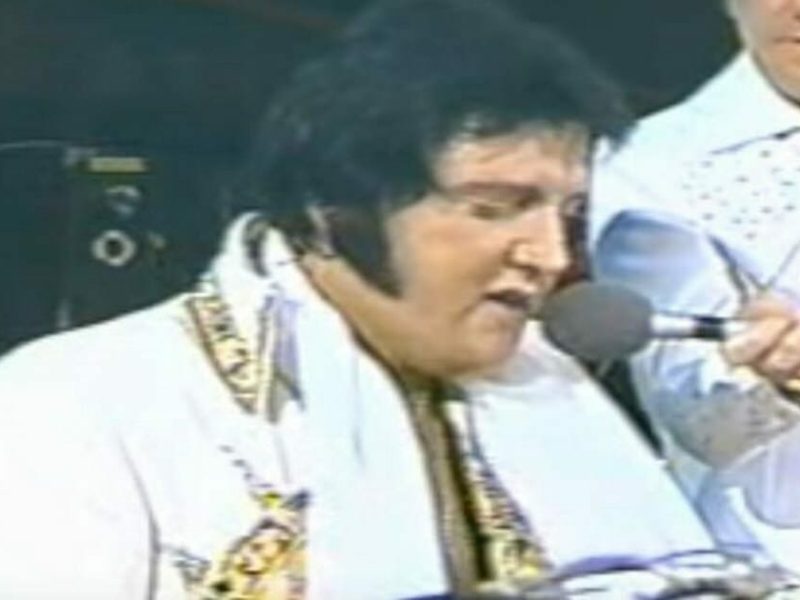When my grandfather passed away, I was surprised to learn that he had left me an old apiary. To be honest, I was disappointed and felt that it was a burden rather than a gift. The apiary had been in our family for generations, but it had fallen into disrepair and seemed like a relic of the past.
I had no interest in beekeeping and couldn’t understand why my grandfather had left me the apiary. It seemed like a cruel joke, and I even considered selling the property to get rid of the responsibility. However, something inside me compelled me to take a closer look.
As I walked into the apiary, I was struck by the stillness of the place. The hives seemed to hold a story, a history that I hadn’t taken the time to appreciate. I decided to open one of the hives, curious to see if there was anything left inside. What I found was astonishing.
Inside the hive, I discovered jars of honey, carefully stored and preserved. But that wasn’t all. Beneath the honey, hidden in the very foundation of the hive, was a small wooden box. As I opened it, my heart racing with anticipation, I found documents that would change everything.
The documents revealed that my grandfather had invested wisely in land and stocks, all tied to the apiary. The honey produced by the bees had been sold for years, generating a small fortune. But instead of spending it, he had reinvested it, securing our family’s future. The old apiary, which I had dismissed as worthless, was actually a gateway to financial security.
As I stood there, holding the documents and a handwritten letter from my grandfather, I realized that he had given me something far more valuable than money. He had taught me the importance of patience, of looking beyond the surface, and of understanding that true wealth isn’t always immediately visible.
The apiary, once seen as a relic of the past, now represented the power of tradition and the wisdom of previous generations. It was a reminder that sometimes, the most valuable things are those that have been carefully preserved over time, waiting for the right moment to reveal their worth.
With this newfound understanding, I decided not to sell the apiary. Instead, I embraced it, learning about beekeeping and the art of honey production. It wasn’t just about the money; it was about continuing a legacy that my grandfather had entrusted to me.
As I delved deeper into the world of beekeeping, I discovered a hidden passion. The connection to nature, the rhythm of the seasons, and the satisfaction of harvesting honey all brought me closer to my grandfather’s world. It was as if I had discovered a new part of myself.
I began to expand the apiary, investing in new hives and exploring sustainable beekeeping practices. What started as a reluctant inheritance had transformed into a thriving business, one that honored my grandfather’s memory and his commitment to our family’s future.
As word spread about my apiary and the story behind it, people began to visit, curious to see the place where an old man’s dream had turned into a young man’s success. I shared the story of my grandfather’s foresight, of the lessons I had learned, and of the unexpected gift that had changed my life.
This experience taught me that sometimes, the most valuable things in life are hidden beneath layers of dust and neglect. It’s easy to overlook them, to dismiss them as unimportant, but if we take the time to look deeper, we might just find something extraordinary.
My grandfather’s apiary was a testament to patience and persistence. It reminded me that success doesn’t always come quickly or easily. Sometimes, it takes years of careful tending, of quiet work behind the scenes, to create something truly meaningful.
In the end, my grandfather’s old apiary was more than just an inheritance; it was a legacy reclaimed. It was a gift that taught me to appreciate the past, to embrace tradition, and to recognize the hidden treasures that life often presents in the most unexpected ways.


